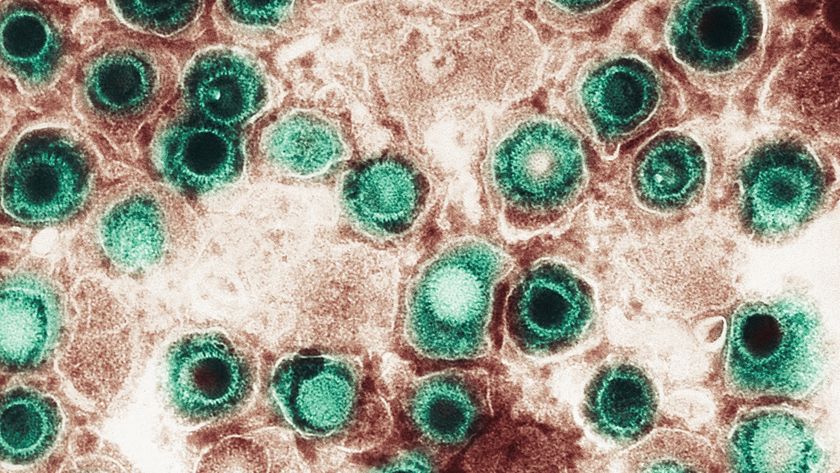Alzheimer’s Gene Causes Brain Blood Vessels to Leak

A gene linked to Alzheimer’s disease causes a cascade of events that ends with leaky blood vessels in the brain, pouring large amounts of toxic substances into brain tissue, a new study finds.
The gene, called ApoE4, makes people more prone to developing Alzheimer’s. People who carry two copies of the gene have about eight times the risk of getting Alzheimer’s compared with others.
The new study found that ApoE4 works through cyclophilin A, known to be bad for the cardiovascular system, causing inflammation in atherosclerosis and other conditions. Cyclophilin A opens the gates to the brain assault seen in Alzheimer’s, the researchers found.
“We are beginning to understand much more about how ApoE4 may be contributing to Alzheimer’s disease,” said Robert Bell, a post-doctoral associate at the University of Rochester who is first author of the paper on the study, detailed in the May 16 issue of the journal Nature.
“In the presence of ApoE4, increased cyclophilin A causes a breakdown of the cells lining the blood vessels in Alzheimer’s disease in the same way it does in cardiovascular disease or abdominal aneurysm,” Bell explained. “This establishes a new vascular target to fight Alzheimer’s disease.”
ApoE4 makes it more likely that cyclophilin A will accumulate in large amounts in cells that help maintain the blood-brain barrier, a network of tightly bound cells that line the insides of blood vessels in the brain and carefully regulates what substances are allowed to enter and exit brain tissue, the study found.
This story was provided by MyHealthNewsDaily, a sister site to LiveScience.
Sign up for the Live Science daily newsletter now
Get the world’s most fascinating discoveries delivered straight to your inbox.












